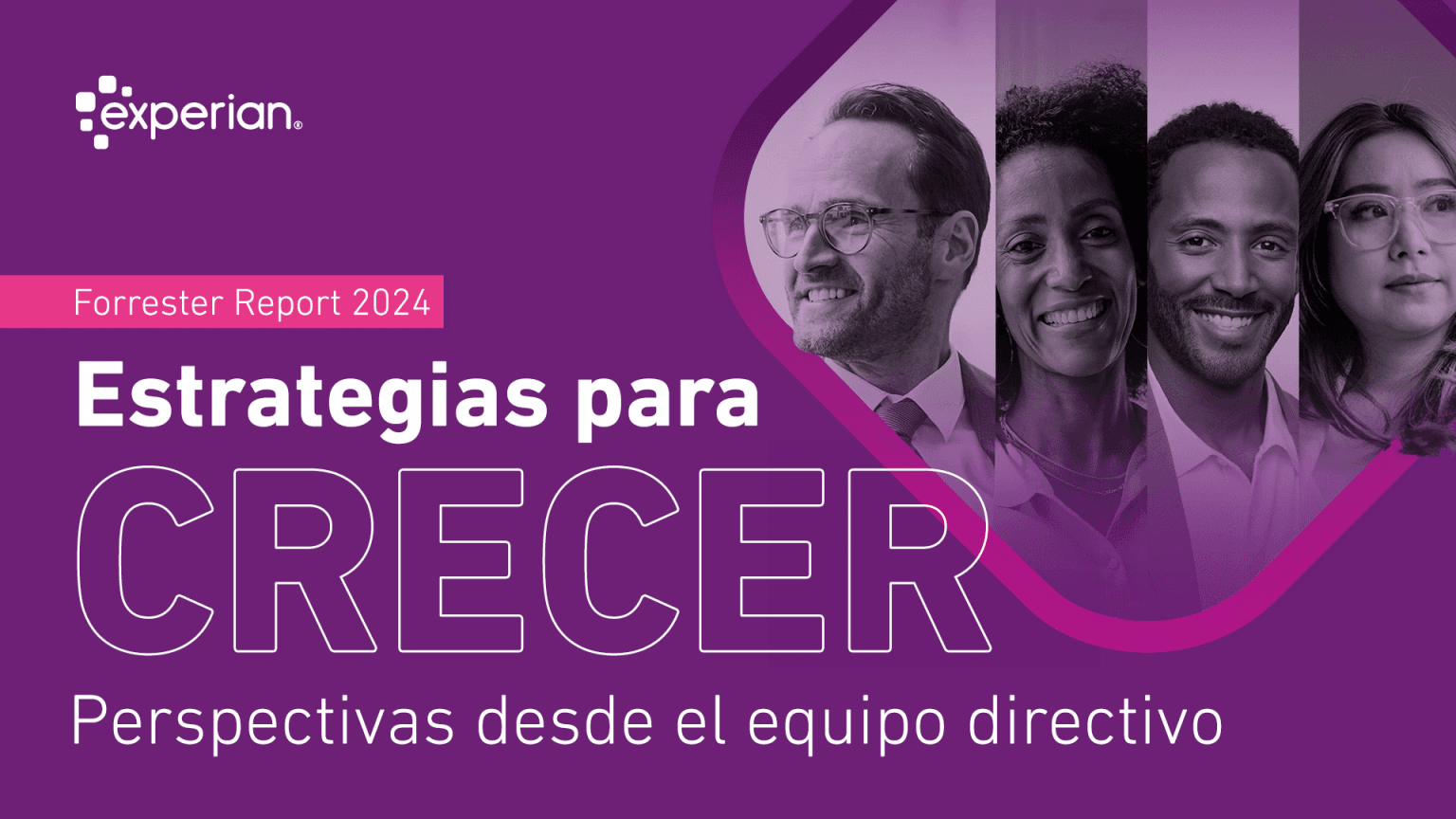The new Experian report, conducted by Forrester Consulting, has been carried out among more than 1,200 decision-makers and executives from EMEA and APAC. Generative Artificial Intelligence and data-driven decision-making stand out as the main competitive advantages for global business leaders. Global survey data shows that the analysis of alternative data sources emerges as one of the main use cases for Generative AI.
The latest Experian report analyzes different perspectives of decision-makers in four key areas: strategic priorities, data and analytics, technology, and risks. Conducted by Forrester Consulting, the research was carried out among 1,320 C-level executives and executives, 146 of them Spanish, from financial services and telecommunications companies in ten countries in the EMEA and APAC regions, including Austria, Denmark, Germany, India, Italy, New Zealand, Norway, South Africa, Spain, and the Netherlands. The report reveals how business leaders are using Generative Artificial Intelligence (IAGen) to consolidate data sets that improve decision-making models and how they focus on customer experience to better address a future marked by challenging economic conditions, technological disruption, and evolving customer expectations.
The race to harness the potential of Generative AI is on. Surveyed executives identified technological disruption as the third external factor that will most affect their companies in the next two years, emphasizing the race for AI supremacy to improve business efficiency and reduce costs. 72% of Spanish respondents believe that the competitive advantage in their sector will depend on who can make the best use of AI – compared to 68% of global executives – and 77% of the country’s technology leaders are exploring IAGen use cases with a view to implementing them over the next year – against 73% globally.
On the other hand, 74% of executives in the country (67% globally) agree that IAGen will significantly improve the way they assess risk. The analysis of alternative data sources, using AI, is the main use case for 67% of Spanish executives – compared to 62% globally – highlighting their ability to reveal valuable information from non-traditional data sets, allowing for better decision-making models and a more holistic view of the customer.
Technological disruption is a catalyst for improving customer experience. Respondents identified access to a centralized platform of data, analytics, and cloud software as an important factor in improving risk strategy. 50% of respondents in the country – 47% globally – agree that they will experience more credit strains, with more defaults and delinquencies, in the next twelve months – although only 41% tightened their lending criteria last year – compared to 47% globally.
Many risk managers (42% of Spanish and global respondents) also indicated that their risk priority is to improve their ability to identify financially vulnerable customers. Better integration between data sources, model development tools, operations deployment, and decision-making software, along with the power of AI, allows for a more holistic view of customers and accelerates the risk analysis and credit granting process. Ultimately, this results in better customer relationships and fairer lending practices.
Combining data sets into a single cloud platform is key to improving analytical capability. Data and analytics managers are prioritizing the integration of isolated data sets into a single platform that combines data and analytics, as this improves their analysis capability and allows them to shorten the production time of their AI/ML models from months to weeks. In the current situation, 70% of Spanish respondents – compared to 55% globally – believe that it takes them too long to develop and implement AI/ML models, and 66% – 48% globally – say they are updating their models more frequently than ever to adapt to the changing credit behavior of consumers.
Alternative data and advanced analytics are critical to helping companies make more accurate credit decisions, especially with the evolution of consumer behavior and external economic factors. However, respondents identified the lack of alternative data sources as a challenge that limits the success of analytical programs and model development. In a cloud platform, advanced AI capabilities can be used to efficiently process and analyze alternative data sets, complex unstructured data sets, extracting valuable information that was previously unavailable. Leveraging this technology improves the accuracy of predictive models and ultimately enables the creation of more comprehensive credit risk perspectives and profiles.
“This year’s report highlights the importance of two critical factors. First, the benefits of implementing Artificial Intelligence, which executives consider essential for gaining a competitive advantage in their sector. And second, the clear commitment to investing in analytics tools and infrastructure to better harness the power of data, as many companies still struggle with the time and effort required to develop and implement models. The results suggest that companies are increasingly adopting cloud-based services to better connect data, analytics, and software,” comments Jorge Hernández, General Manager of Experian in Spain.
“It is very positive to see that the majority of executives are optimistic about growth in the next year, resulting in plans for further investment in technology. However, we still face significant macroeconomic challenges, and financial difficulties for customers are one of the main concerns. AI and ML tools present a considerable opportunity to improve the accuracy of credit assessment, for new and existing customers, and can help proactively safeguard vulnerable customers,” says Malin Holmberg, CEO, EMEA and APAC, Experian.
For more information, the full report can be downloaded here.
via: MiMub in Spanish
